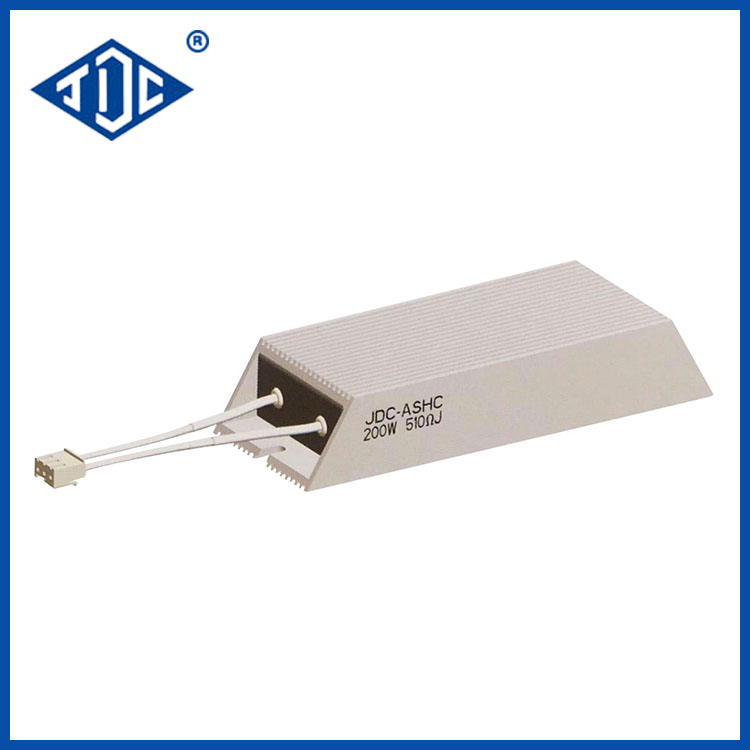Features and applications of aluminum shell resistors
2023-11-08
An aluminum shell resistor, also known as an aluminum housed resistor or aluminum-clad resistor, is an electronic component designed to limit or control the flow of electric current in a circuit by introducing electrical resistance. What sets it apart is the housing or casing made of aluminum, which serves various purposes, including heat dissipation and protection. Here are some key features and applications of aluminum shell resistors:
Key Features:
1. Aluminum Casing: The outer shell or housing of the resistor is typically made of aluminum. This aluminum casing provides several advantages, such as efficient heat dissipation, electrical insulation, and protection from environmental factors.
2. High Power Handling: Aluminum shell resistors are capable of dissipating relatively high levels of power without overheating, making them suitable for applications where power handling is a concern.
3. Resistance Value: These resistors come in a wide range of resistance values, allowing engineers to choose the specific resistance needed for a given application.
4. Tolerance: Like other resistors, aluminum shell resistors have specified tolerance levels that indicate the range within which the actual resistance may vary from the specified value.
5. Mounting Options: They are available with various mounting options, including through-hole and surface-mount configurations, making them versatile for different circuit designs.
6. Reliability: Aluminum shell resistors are known for their long-term reliability and stability in various operating conditions.
Applications:
1. Power Electronics: These resistors are commonly used in power electronic applications, such as power supplies, motor drives, and inverter circuits, where they help manage current and voltage levels.
2. Load Banks: Aluminum shell resistors are used in load banks to simulate electrical loads for testing and calibration purposes, often in industries like telecommunications and electrical power systems.
3. Braking and Snubbing: In electric vehicles and industrial equipment, they can serve as braking or snubbing resistors to dissipate excess energy generated during braking or deceleration.
4. Heating Elements: In some applications, aluminum shell resistors are used as heating elements for devices like industrial ovens, heaters, and electric stoves.
5. Industrial Equipment: They are used in a variety of industrial equipment, including welding machines, high-power amplifiers, and robotics.
6. Renewable Energy: Aluminum shell resistors can be used in renewable energy systems, such as wind turbines and solar inverters, to control and manage power levels.
7. Lighting Systems: These resistors may be used in lighting systems, particularly in applications where dimming control is required.
8. Test and Measurement Equipment: Aluminum shell resistors can be found in test and measurement devices where precise resistance values and power handling are crucial.
Aluminum shell resistors are preferred in applications that require efficient heat dissipation and power handling capabilities, such as high-power electronics and industrial equipment. Their reliability and long service life make them a suitable choice for demanding and mission-critical applications.



